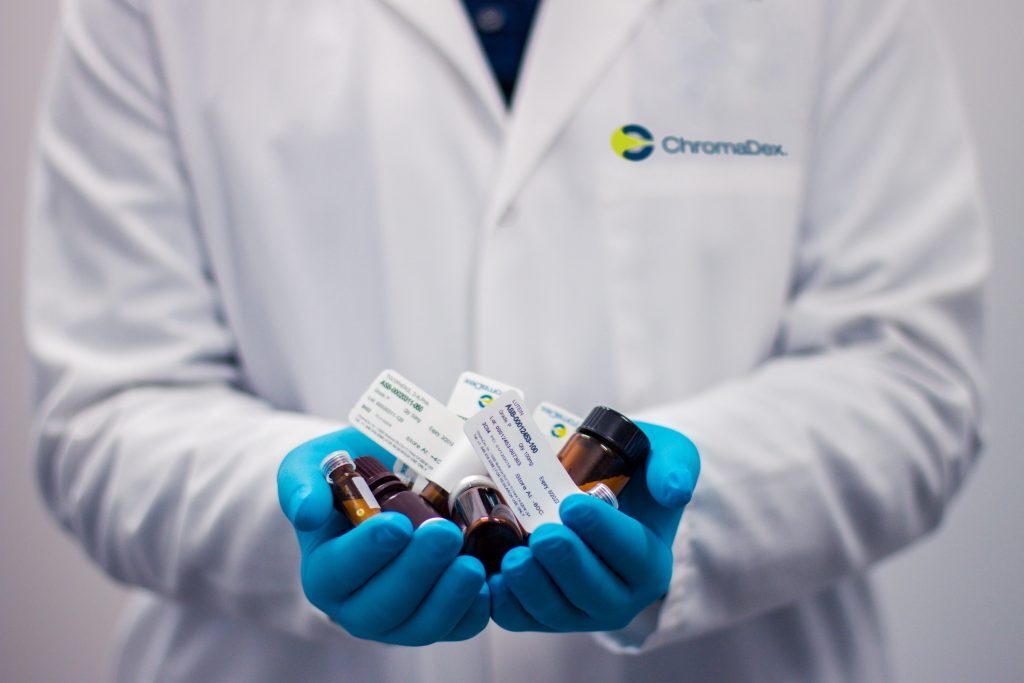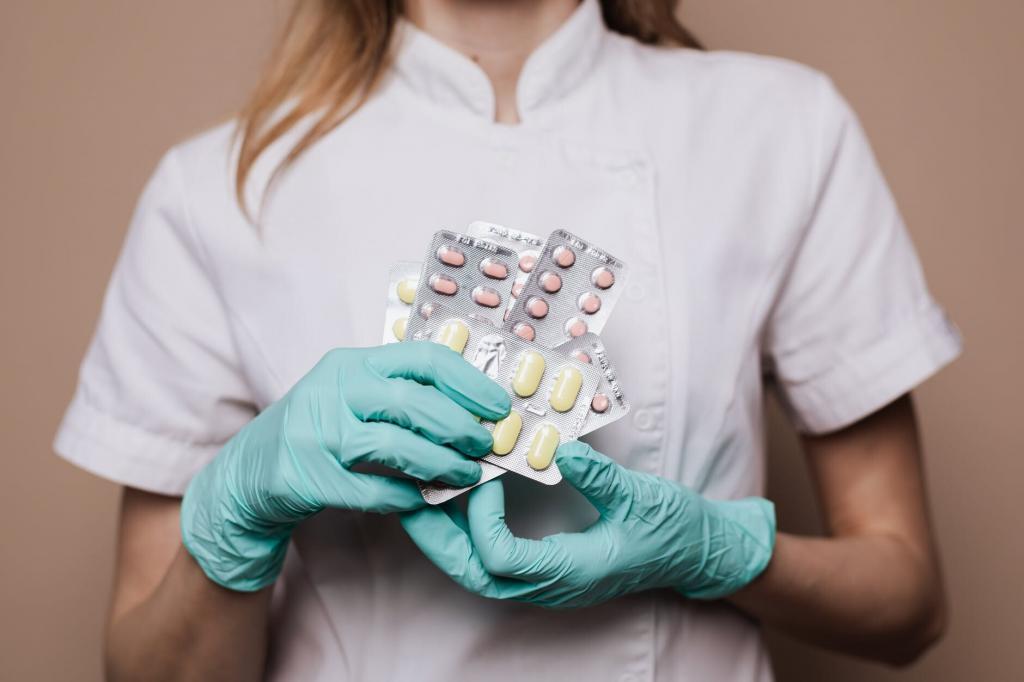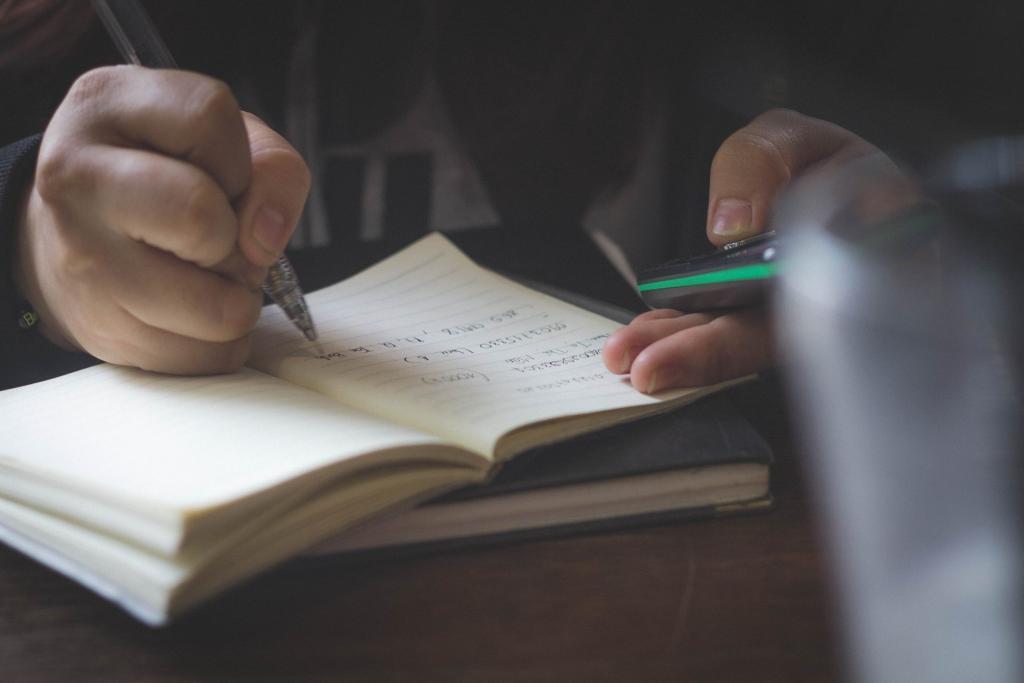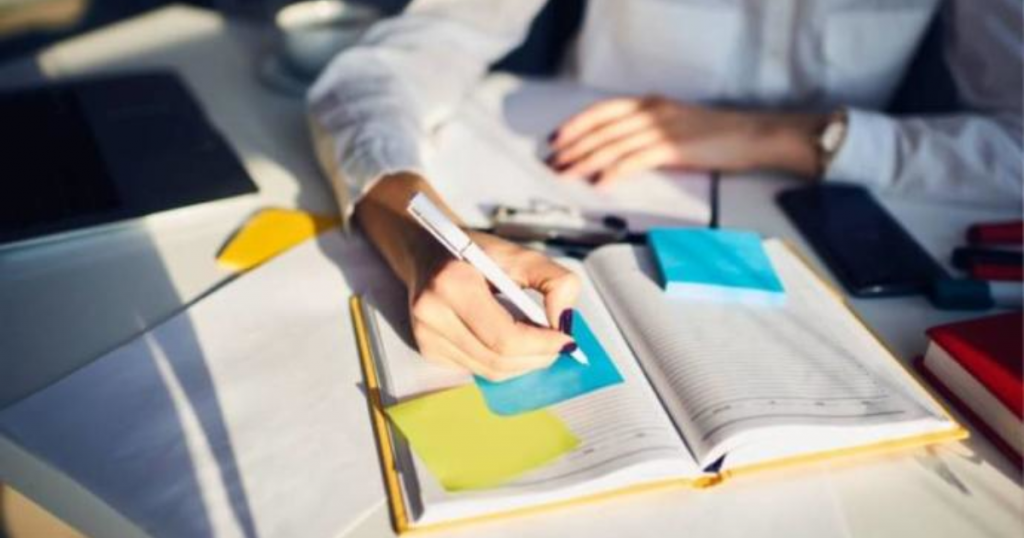According to the US Bureau of Labor Statistics (BLS), a clinical pharmacist’s average salary in 2018 is $110,900, tripling the US’s average annual income. Unsurprisingly, many people are trying to pursue this promising career. However, the journey to becoming a clinical pharmacist is not a bed of roses. The following guide on how to become a clinical pharmacist will reveal the requirements and challenges for this job.
Table of Contents
What Is A Clinical Pharmacist?
A clinical pharmacist is a special type of medical staff whose primary mandate is to work closely with medical professionals and patients. They have to ensure that the drug is prescribed to the patient accurately.
Unlike other types of pharmacists, clinical pharmacists will practice directly in medical settings. This is where they have direct and regular interaction with other doctors and medical professionals, providing the patient’s best care.
Clinical pharmacists are part of the treatment team. They are equipped with specialized knowledge and clinical experience through inpatient training programs. They also need to be certified and licensed to practice.
What Are The Common Tasks Of Clinical Pharmacists?

Becoming a clinical pharmacist is the dream of many. Source: Kendal
The clinical pharmacist has to fulfill a variety of duties. According to the American College of Clinical Pharmacy, these tasks include:
- Evaluate the patients’ health status and give prescription
- Assess the current patient treatments’ progress and effectiveness
- Consult with doctors and medical providers about medication therapy
- Instruct patients to take medications properly and effectively
- Give appropriate medication therapy using their medication expertise.
As seen above, clinical pharmacists are directly responsible for prescribing medicine and assessing its effectiveness. You can watch this brief video to better understand a typical working day of a clinical pharmacist:
A Life in a Day of Clinical Pharmacy Rotations. Source: Phamdily
What Are Job Outlook & Salary of Clinical Pharmacists?
According to Payscale.com, an average clinical pharmacist in the United States can earn up to $118,897 as of February 2021. Typically, the salary range is from $102,000 to $145,000.
However, the salaries can vary greatly, depending on many factors such as working mode, and region, etc. For example, the Northern states, whether East or West, are high-paying for clinical pharmacists, while the Midwest region is the worst-paying. To be more specific, the clinical pharmacist in Alaska can earn about $140,000, whereas his counterpart in North Dakota only gets about $103,000 annually.
Regarding the job outlook, about 314,300 people were working in the pharmacist sector in 2018, according to the U.S. Bureau of Labor Statistics. This number will decline slightly, at 0.06% by 2028. The growth rate for employment in this career may decrease slightly by 3 percent between 2019 and 2029.
How To Become A Clinical Pharmacist?

Education is one of the most crucial requirements to become a clinical pharmacist. Source: Karolina Grabowska
In reality, the journey to being a clinical pharmacist is not smooth, requiring you to possess qualifications, skills, and the right education track. This part will elaborate on requirements for the clinical pharmacist.
Education
Prospective pharmacists need to achieve a postgraduate professional degree – the Doctor of Pharmacy (Pharm.D.) degree. In August 2017, the Accreditation Council for Pharmacy Education (ACPE) fully accredited 128 Doctor of Pharmacy programs.
Each program has different admission requirements, so students need to do their research thoroughly beforehand. In particular, these requirements may include GPA, test scores, other necessary qualifications, or even practical experience. One of the best places to get the list of programs and requirements is the American Association of Colleges of Pharmacy.
In general, students need to take post-secondary courses, including biology, chemistry, and physics. Some programs require students to have a bachelor’s degree or 2 years studying at undergraduate levels and take the Pharmacy College Admissions Test (PCAT).
The PCAT is designed by specialized pharmacists and reviewed by pharmacy instructors, helping schools know who has the prerequisite knowledge and skills for further education.

PCAT is a necessary test for wannabe pharmacy school students. Source: Pew Nguyen
Depending on Pharm.D programs, pharmacist students have to spend about 3 or 4 years finishing. High school graduates have to study in 6 years. The Pharm.D. programs offer students with specialized courses in pharmacology, chemistry, and medical ethics. Students also have to do internships in different settings such as retail pharmacies and hospitals.
Moreover, pharmacists must never cease studying throughout their careers to catch up with the latest advances in pharmacological science. In addition to their Pharm.D. degree, many choose to get a master’s degree in business administration (MBA), a degree in public health, etc.
Training
After graduating from a Pharm.D. program, pharmacists may need to finish a 1 to 2-year residency. Those opting for the 2-year residency will get additional training in a specialized area, such as elderly care or internal medicine. Then, they can seek advanced positions, such as a clinical pharmacist, researchers, etc.
Licenses & Certifications
Prospective clinical pharmacists need to take 2 exams to get a license. Firstly, The North American Pharmacist Licensure Exam (NAPLEX) evaluates the candidate’s practice knowledge and pharmacy skills. The other exam is The Multistate Pharmacy Jurisprudence Exam (MPJE), which tests the candidates’ knowledge of pharmacy law.
Moreover, clinical pharmacists may decide to get a certification to show their expertise in another specific area. For example, a pharmacist can earn certification such as an Oncology Certification, Pediatric Certification, or Psychiatric Certification from the Board of Pharmacy Specialties (BPS). Pharmacists have to show their work experience, pass the exam, and pay a fee to get those certifications.
Skillset
Analytical skills. To give medications, clinical pharmacists need to thoroughly analyze and evaluate the patients’ needs and prescribers’ orders. They also need to possess extensive knowledge of the medications’ effects to provide the correct medication.
Communication skills. Clinical pharmacists frequently give consultations for patients. For example, they have to instruct patients on taking medicine and detecting their side effects. They also need to discuss with their colleagues or pharmacy technicians. Hence, good communication skills will help them convey their ideas effectively to others, including their patients, colleagues, pharmacy technicians, and interns.
Computer skills. Also, good computer skills help clinical pharmacists use any electronic health record (EHR) systems with ease.
Detail-oriented. Clinical pharmacists should care about details because they are the ones who suggest medicine prescriptions for patients. In reality, any improper medication prescription and usage can give rise to serious health risks and even deaths.
Managerial skills. Clinical pharmacists often work full time in many varying settings with different levels of stress and pressure. Hence, the lack of managerial skills will result in less productivity and work efficiency.
How Hard Is Pharmacy School?
While not everyone encounters the same challenges at pharmacy school, pharmacy students may experience some of the following difficulties.
The Heavy Course Load
If you ask a clinical pharmacy student how hard is pharmacy school, one of the common answers will be the heavy workload. Many students share that the most challenging academic transition in their schooling is when they moved to pharmacy courses.
In reality, a semester at the US pharmacy schools often consists of about 20 hours of lecture a week. The courses may include Pharmaceutics, Pharmacy Practice in Health Care, Pharmacology, Immunology, Medicinal Chemistry, etc. Besides, students have to handle many assignments, presentations, and lab practicals.

Pharmacist students have to handle heavy course load – Source: online.uc.edu
Time Management
When taking lectures and studying account for a large chunk of the day, pharmacy students may have difficulties managing time. In addition, if clinical pharmacy students participate in extracurricular activities, time managing becomes even more challenging.
What’s more, a properly organized timetable can help you avoid the overwhelming feelings of the heavy workload. While it’s commonly easier said than done, good time management is essential for a pharmacy student.
Enormous Tuition, Housing, And Other Pharmacy School Costs
If you intend to enroll in pharmacy school, it may probably be one of your most significant investments. Most clinical pharmacists graduate with over $100,000 in debt or even $200,000+ in student loans. Therefore, pharmacists should seek assistance from student financial services or study hard to achieve scholarships.
Challenging Interview Questions
Pharmacy school interview questions are demanding for different reasons. Besides assessing your ability, the schools also evaluate if you’ll be the right fit for them. Below are some pharmacy schools’ interview questions and answers suggested by pharmacists. Then, they will give you a vision of what you will encounter in a pharmacy school admission interview.
- Why do you want to become a pharmacist?
Suggestion: Whatever reasons you are referring to, speak about your choice with enthusiasm. Universally, every recruiter in any major wants a candidate with authentic passion.
- Q: What did you do to prepare for pharmacy school?
Suggestion: Say that you communicated with other pharmacy students; you did your thorough research. Prove that you got a good grasp of the job’s expectations at school and what sacrifices you are willing to make to graduate one day successfully.
- Are there any doctors or pharmacists in your family?
Suggestion: You are encouraged to tell them the truth, but also tell them aspects that you made your decision, that your family does not force you to apply for the Pharmacy School.

Becoming a pharmacy school student accompanies a variety of issues to handle. Source: Andrea Piacquadio
To Wrap Up About Clinical Pharmacists
In short, an important milestone on your journey to pursue a career in clinical pharmacist is when you are admitted to study at pharmacy schools. So you need to make adequate preparation.
For example, you can research possible pharmacy schools’ interview questions and answers and practice beforehand. Also, refer to previous exam materials to know the scope of knowledge you have to grasp. Last but not least, you can check the necessary set of knowledge and skills you need to prepare before embarking on this profession throughout this article – “how to become a clinical pharmacist”.
Related Concerns:
